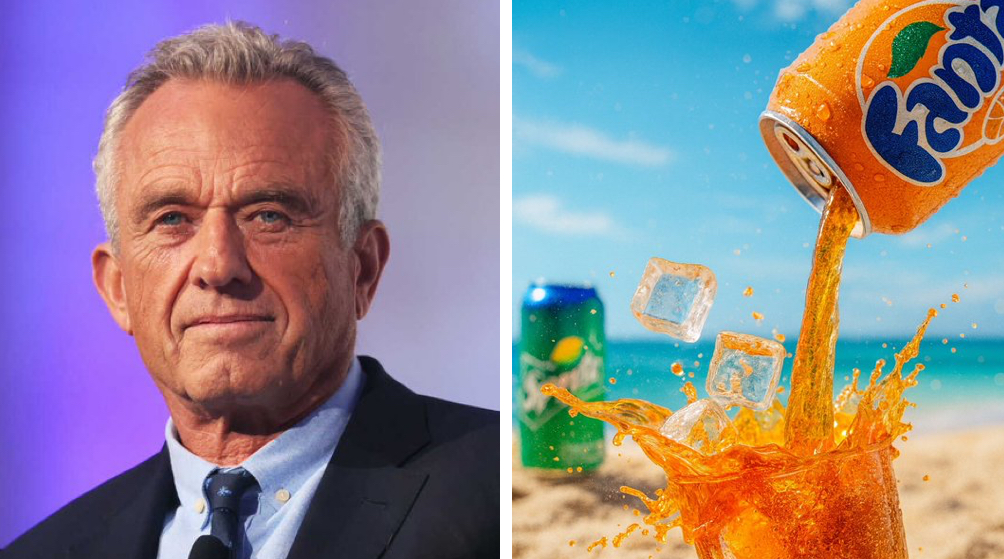- Robert F. Kennedy Jr. proposes a ban on sugary soda and candy purchases using SNAP benefits.
- 13–17% of SNAP spending reportedly goes toward soda and candy, according to HHS.
- 12 states will begin rolling out soda bans in 2026 with USDA approval.
What We Know
U.S. Health and Human Services Secretary Robert F. Kennedy Jr. is urging states to adopt federal waivers that would ban Supplemental Nutrition Assistance Program (SNAP) purchases of soda and candy, in a sweeping push to reduce diet-related diseases. His remarks were delivered at the National Governors Association meeting this week as part of his “Make America Healthy Again” initiative.
“If you want a sugary soda, the taxpayers should not pay for it,” Kennedy said, as quoted in a video clip published by MSN.
The Department of Health and Human Services (HHS) estimates that between 13% and 17% of SNAP dollars are currently spent on soda and candy. Unlike alcohol and tobacco, which are already banned from SNAP purchases, sugary drinks and processed sweets remain unrestricted under current federal law.
As of August 2025, twelve states—including Nebraska, Iowa, Indiana, Arkansas, Idaho, Utah, Colorado, Florida, Louisiana, Oklahoma, Texas, and West Virginia—have received preliminary approval from the U.S. Department of Agriculture (USDA) to roll out soda purchase bans starting in 2026. Each state will determine its own criteria for defining restricted products based on sugar content, branding, or nutritional value.
What They’re Saying
Public health advocates have broadly welcomed the proposal, calling it a long-overdue correction to how federal nutrition aid is structured. Many experts argue that SNAP should be a vehicle for improving health equity, not contributing to chronic disease through subsidized sugar-laden products.
However, anti-hunger and civil rights organizations have voiced concern about the policy’s potential consequences. Critics say the move could inadvertently stigmatize low-income families and fail to address deeper systemic challenges like food deserts, aggressive junk food marketing, and affordability gaps. Several groups are urging the administration to pair any purchasing restrictions with expanded access to fresh produce and robust nutrition education programs.
Public Health vs. Personal Choice
Kennedy has acknowledged these criticisms but insists that reforming SNAP purchasing rules is both fiscally and morally responsible. In his address, he emphasized that the policy is not about shame, but alignment with national health priorities. He also committed to expanding federal incentives for fruit and vegetable purchases, supporting farmers markets, and bolstering nutrition education.
The USDA’s final approval process for statewide waivers will continue into early 2026, with pilot programs expected to begin soon after. Debate over SNAP reform is likely to escalate in Congress, where lawmakers are divided over balancing personal freedoms, nutritional policy, and government spending.
Fort Stewart Shooting: 5 Soldiers Injured, Army Declares Base “All Clear”
Trump Hails Productive Meeting Between Putin and Special Envoy Witkoff
Follow Virginia Times for regular news updates. Stay informed with the latest headlines, breaking stories, and in-depth reporting from around the world.
A global media for the latest news, entertainment, music fashion, and more.














